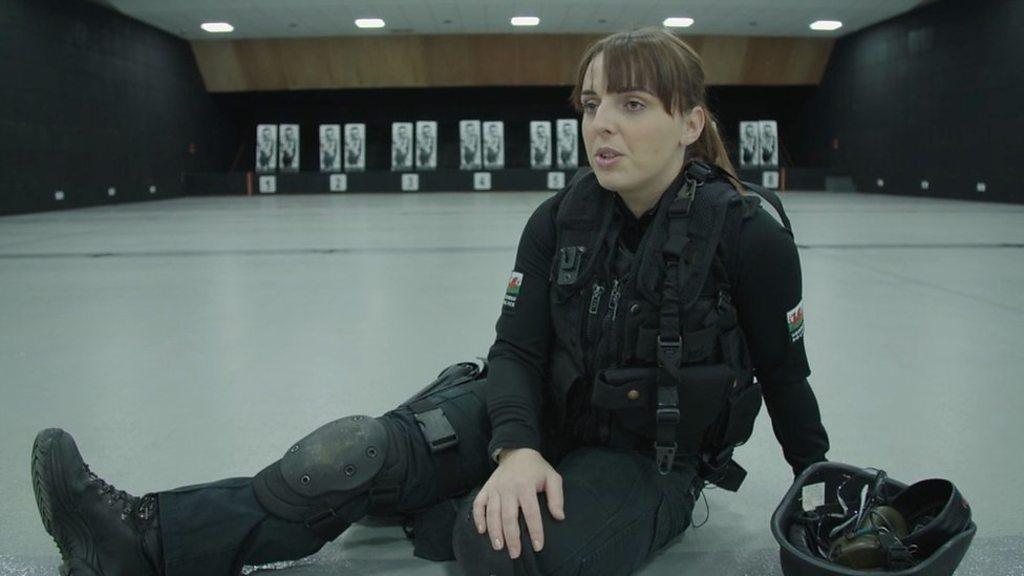PSNI: 968 officers overdue on firearms refresher training
- Published
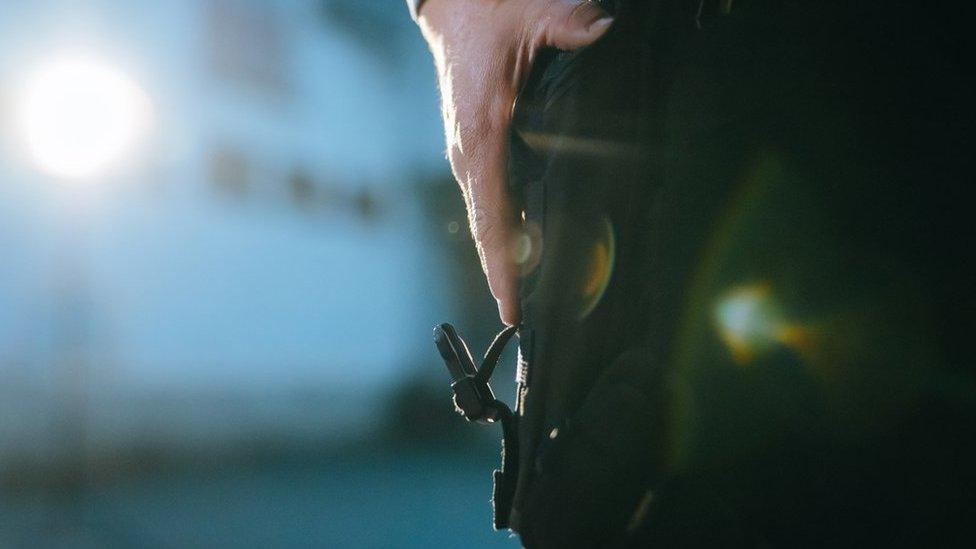
Police said the backlog in refresher training was predominantly because of the Covid pandemic
Some 968 police officers in Northern Ireland are overdue mandatory refresher training for using firearms.
As a result, 190 officers have had their duties adjusted, including being moved away from some frontline roles.
The Police Service of Northern Ireland (PSNI) said training was overdue by less than six months in the majority of cases.
It blamed the refresher training backlog primarily on Covid-19, but said training was being prioritised.
Each police officer must undergo an initial intensive 10-day firearms training programme while at the Northern Ireland Police College.
Regardless of rank, operational PSNI officers are also required to undergo additional refresher training once per year, while some frontline officers - including local and neighbourhood police teams - take the training twice per year.
The PSNI said it had moved officers from certain frontline roles because of their firearm status to ensure they were required to take annual training rather than biannual.
The Police Ombudsman, which investigates officer-related shootings, said refresher firearms training was important in ensuring officers remained "competent in the use of firearms, and whether an officer's training is up to date is one of the issues that our investigations will routinely examine".
"If an officer's training is found not to be up to date, we will investigate the reasons for that, and make any appropriate recommendations to the police to address the issue," it said.
The Police Federation for Northern Ireland (PFNI) said it had "serious concerns about the growing backlog" for all mandatory and vocational training.
According to the figures obtained by BBC 's The Nolan Show:
375 officers have missed training due to sickness or maternity leave
38 are on a career break
31 have been suspended
182 officers are subject to the Firearm Access Procedure (FAP) process,, external where the suitability of a member of staff to have access to guns and ammunition has been called into question.
The PFNI said it formally requested, in September 2021, that the police service "declare the inability to effectively train officers as a critical incident".
"This request was declined primarily as the service believed that both technological assistance and resource uplifts would quickly address these matters," a spokesperson said.
"Unfortunately, almost a year on there are still alarming gaps in training provision and, regrettably, the lack of an effective budget does not facilitate the service the opportunity to remedy this anytime soon.
"Skills fade has previously been cited by officers to explain accidental discharges. Training provides confidence and reassurance to officers and the public that they are competent and capable to carry and properly use a firearm."
Why is the training important?
Legally, a police officer is only allowed to discharge a firearm in circumstances where the officer honestly believes it is absolutely necessary to do so, external, in order to save a life or prevent serious injury.
If an incident occurs involving a police firearm, it becomes subject to an investigation, usually by the Police Ombudsman.
While the circumstances where a police officer needs to discharge their firearm in Northern Ireland are rare, officers are legally and organisationally accountable for any use of their gun.
In 2020 and 2021, more than 1,700 courses were delivered each year, with an average of 12 officers per class due to social distancing.
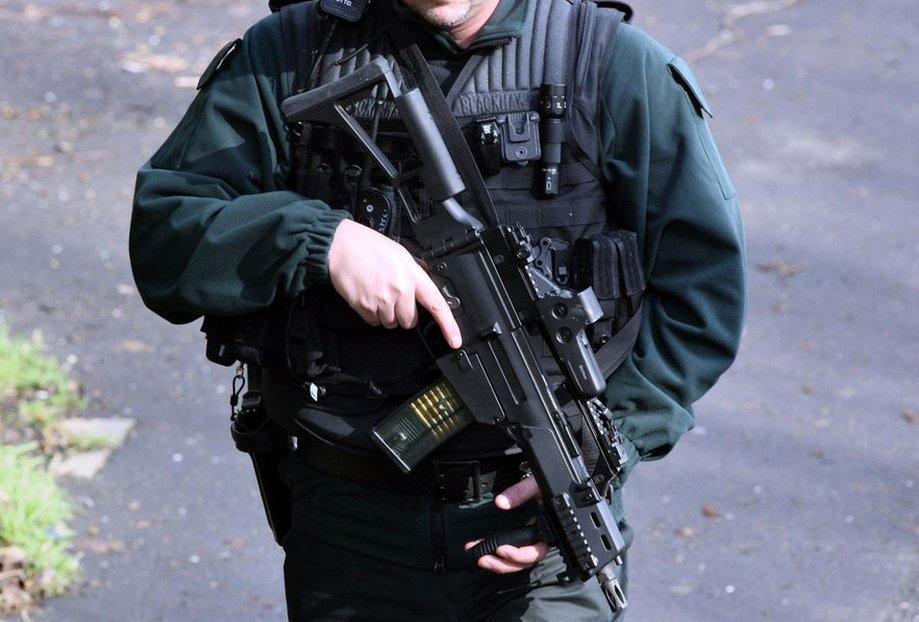
Speaking on The Nolan Show, former assistant chief constable Alan McQuillan said it was "critically important officers are fully skilled, fully up to date".
"Many police officers really don't want to carry guns, " he said.
"They regard them as a necessary evil and they need to have the support and the training to make sure that when they do have to use them, they can do so safely and properly."
Mr McQuillan added that the underlying issue in this situation was money.
"The police service needs to have enough officers that allows them to release people and still give the service to the public," he said.
"It's getting to the point where PSNI funding is completely undermining the ability to deliver a safe and effective police force.
"The police can't work miracles unless they're given the resources to do it."
The PSNI said it wants to reassure the public that "any officer who is not trained, competent and capable will not be deployed in a specialist firearm role".
Related topics
- Published29 June 2022
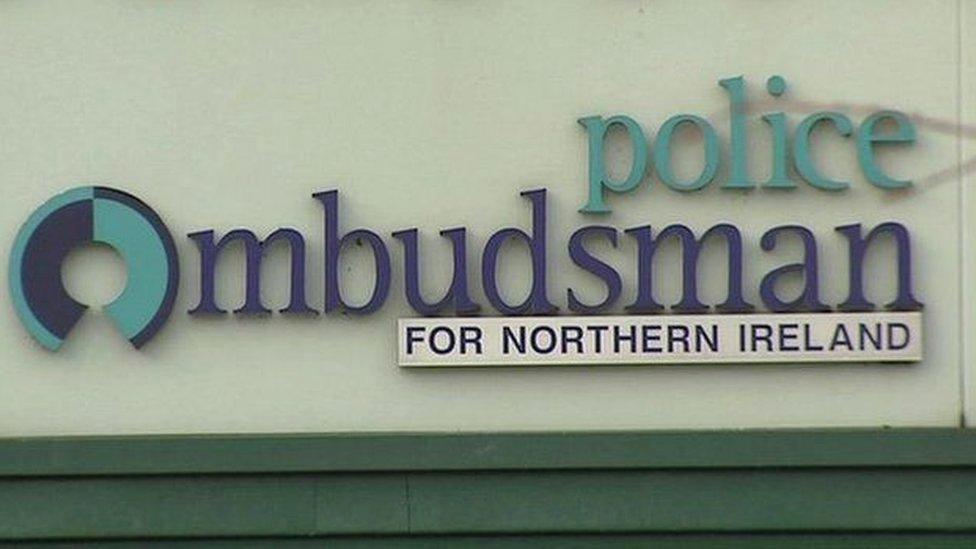
- Published27 July 2022
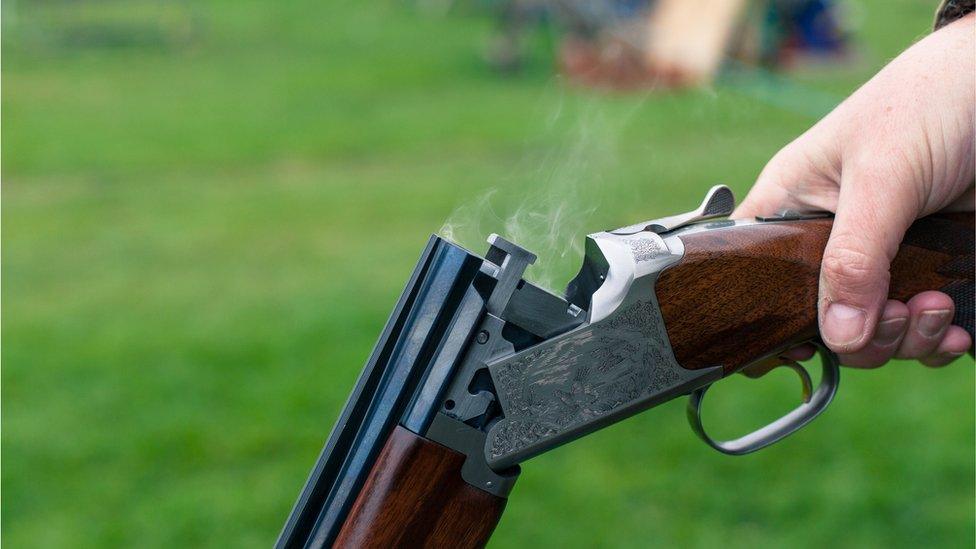
- Published14 March 2017
